Set in motion in response to new EU rules increasing net recycling targets for glass packaging to 75% by 2030, the Close the Glass Loop programme is to be launched officially in June 2020.
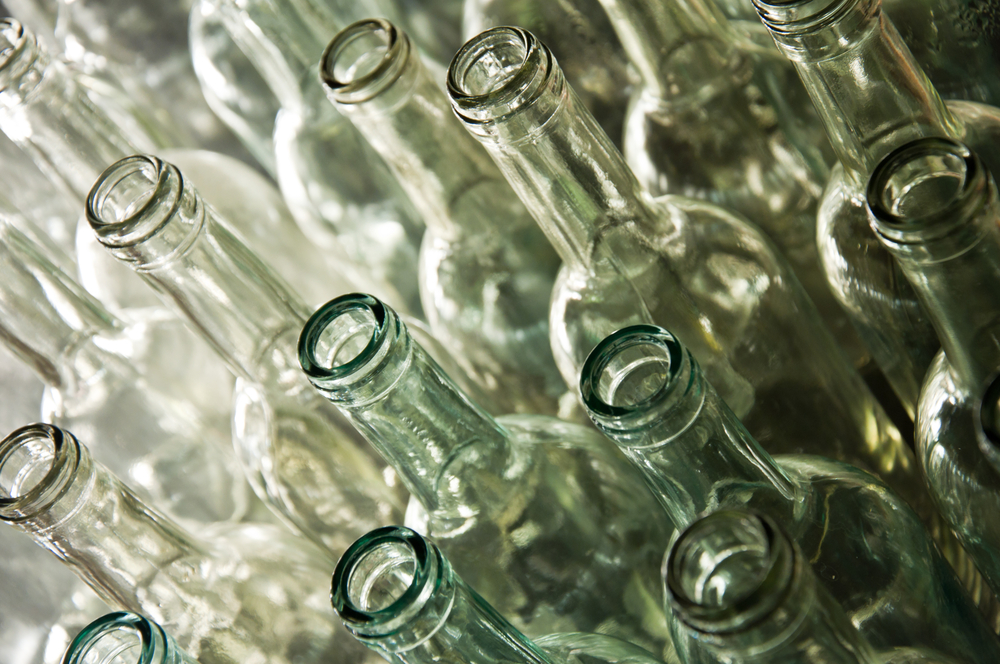
The initiative forms part of a “transition towards a circular economy”.
Dave Dalton, CEO of British Glass, said: “FEVE’s Close the Glass Loop initiative is a fantastic opportunity to not only further increase the amount of glass that is collected in the UK and across the continent but to also take another step towards a better circular economy for glass.”
The objectives of the programme are to close the collection gap and improve the quality of recycled glass, so that resources remain productive in a bottle-to-bottle manufacturing loop.
FEVE President Michel Giannuzzi said: “We are proud to lead Close the Glass Loop, an industry-wide initiative that will have real benefits for the market and our planet alike.
“It is our call for action to deliver an ambitious circular economy action plan for glass.”
Objectives
To achieve the initiative’s aims FEVE hopes to promote separate collections of glass packaging, improve treatment systems to increase yields even from poor collection systems and encourage the exchange of knowledge and best practice in collection, sorting and treatment systems between countries.
The current average glass recycling rate in Europe is 76% and the average batch of glass contains 52% recycled content.
Mr Dalton said: “While 90% is an ambitious target to aim for a European average for glass collection rates, it is attainable and the UK can make a significant contribution towards that figure if focus is placed on the right infrastructure for glass collection, such as Extended Producer Responsibility schemes that include collections from kerbside and businesses.”
Europe
The initiative will rely on a decentralised structure comprising a multi-stakeholder European platform that coordinates the projects and a national governance structure to design and drive implementation of plans.
With 31 January still scheduled as the deadline for Britain to leave the EU, the ramifications of a potential Brexit for the glass sector are unclear.
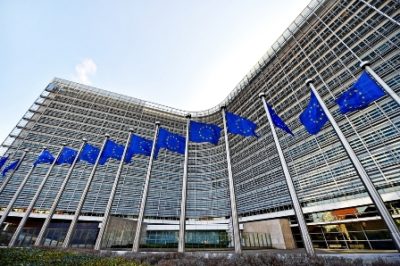
Mr Dalton said: “We recognise that being part of a European initiative in these uncertain times may be difficult; however, it gives us an opportunity to further increase the focus on glass recycling in the UK in order to contribute towards a bigger common goal.”
Based in Brussels, FEVE numbers more than 60 company members and 22 corporate groups across the EU, Switzerland and Turkey.
Its members produce over 20 million tonnes of glass per year.
Adeline Farrelly, secretary general of FEVE, said: “We are very proud to have been able to set the foundations for such an ambitious programme, which has a very strong support inside the membership and perfectly matches the objectives of both the UN Sustainable Development Goals and the European Green Deal of the new European Commission.”




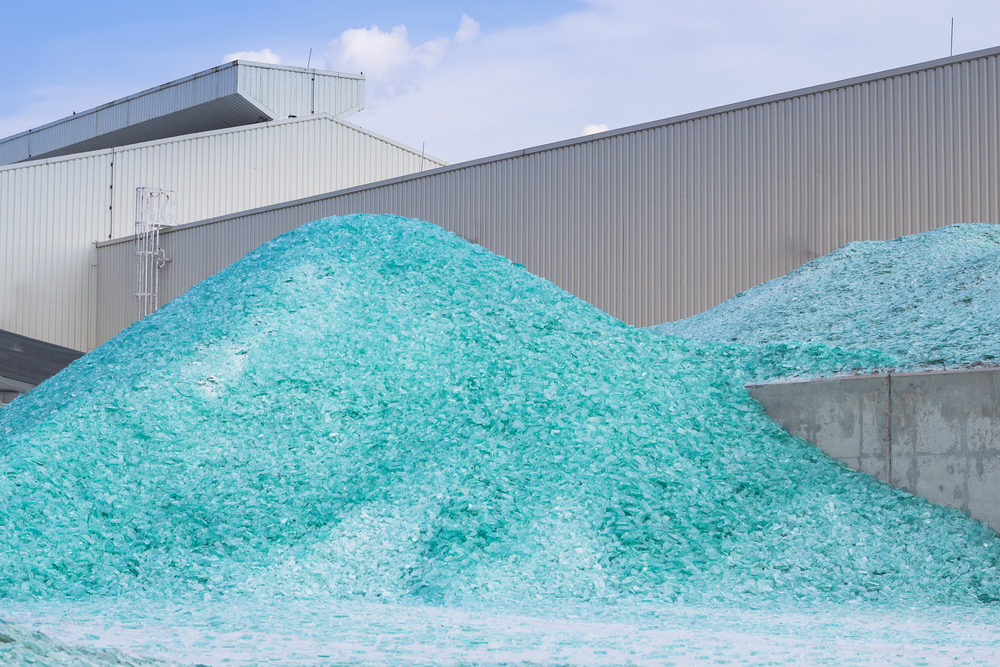
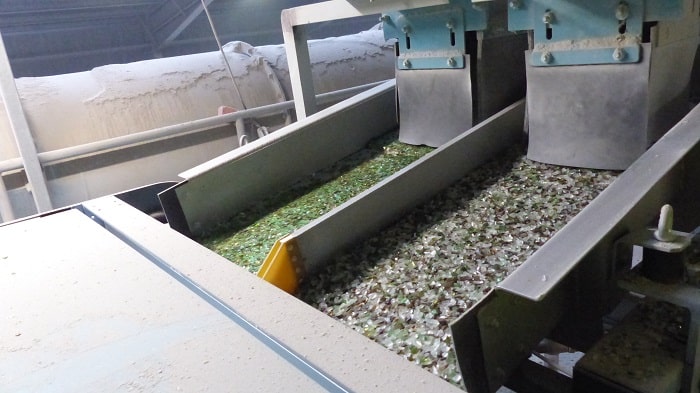
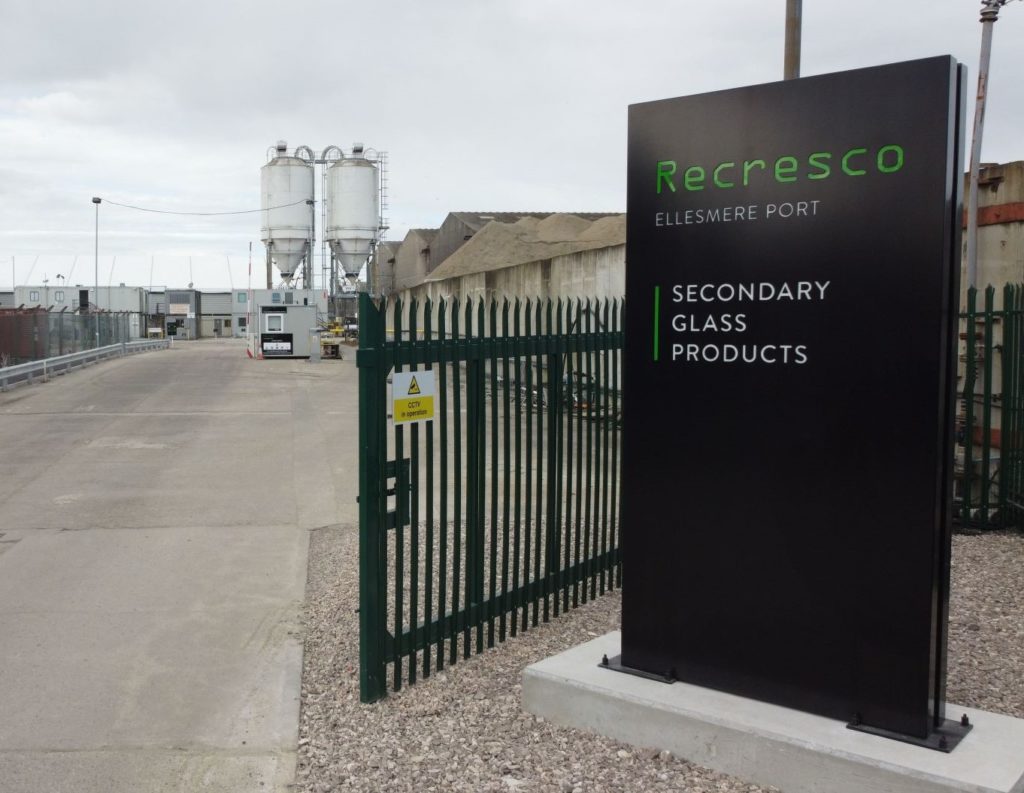


Subscribe for free